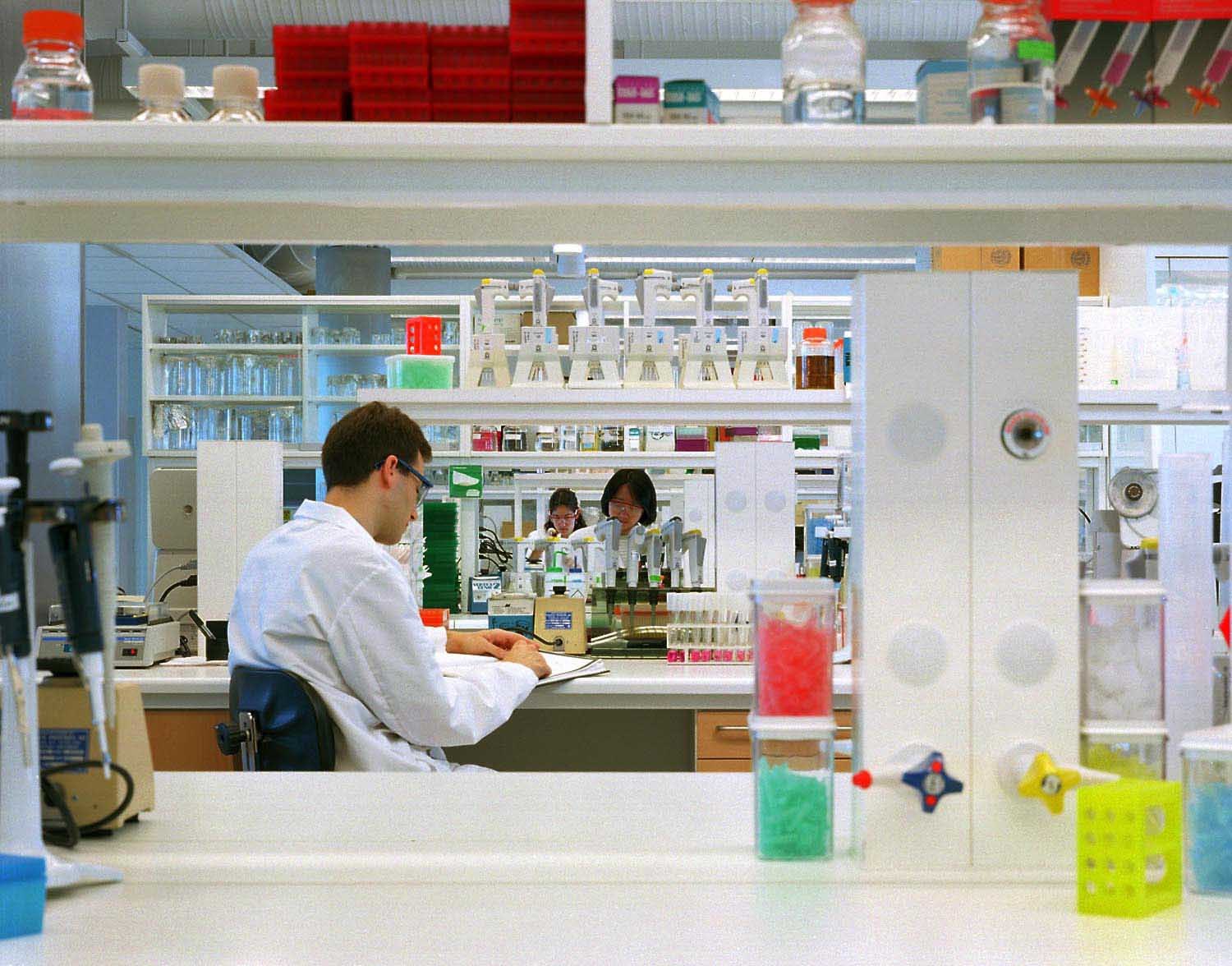KUALA LUMPUR, Nov 24 — The Oxford-AstraZeneca Covid-19 vaccine, which has an average 70 per cent efficacy across two dosing regimens, will be sold at cost price to low and middle-income countries.
The Oxford-AstraZeneca partnership confirmed in a statement that lower-income countries would receive the vaccine on a not-for-profit basis, The Guardian reported.
“A key element of Oxford’s partnership with AstraZeneca is the joint commitment to provide the vaccine on a not-for-profit basis for the duration of the pandemic across the world, and in perpetuity to low- and middle-income countries,” it said in a statement.
AstraZeneca will make 1.3 billion doses of their vaccine at cost so that the vaccine is not hoarded by wealthier nations. AstraZeneca’s experimental vaccine is also a part of the global vaccine initiative, COVAX, that hopes to distribute about two billion doses of Covid-19 vaccines to 92 low- and middle-income countries at a maximum cost of US$3 (RM12.28) a dose.
COVAX and the Coalition for Epidemic Preparedness Innovations (CEPI) have agreed to help fund AstraZeneca’s vaccine manufacturing programme, even while it is still being developed.
Besides that, the Serum Institute of India (SSI) under the licence from AstraZeneca, will produce one billion doses of the vaccine and aims to produce 400 million doses of this vaccine by the end of this year.
However, SSI’s chief executive Adar Poonawalla suggested that it would produce vaccines for India’s use first, which includes the private Indian market, only then, it will supply doses for COVAX.
“It’s very important we take care of our country first, then go on to COVAX after that, and then other bilateral deals with countries,” Poonawalla was quoted saying.
AstraZeneca, in a statement yesterday, said that their candidate vaccine AZD1222 has been shown to be highly effective in preventing Covid-19, according to an interim analysis of clinical trials in the UK and Brazil.
Their dosing regimen showed 90 per cent effectiveness when given as half a dose, followed by a full dose at one month apart, while another dosing regimen showed 62 per cent effectiveness when given as two full doses at least one month apart. The average efficacy across both dosing regimens was 70 per cent.
The candidate vaccine has been well tolerated across both dosing regimens with no serious safety events related to the vaccine, said AstraZeneca.
Moreover, unlike Moderna and Pfizer-BioNTech’s Covid-19 candidate vaccines that require ultra-cold storage, the Oxford-AstraZeneca vaccine can be stored, transported, and handled at normal refrigerated conditions between two and eight degrees’ Celsius for at least six months and can be administered within existing health care settings.
AstraZeneca chief executive Pascal Soriot said that their vaccine’s simpler supply chain along, with their commitment to provide it on a non-profit basis, means it would be affordable and available to people around the world.
Moderna’s vaccine must be kept at minus 20 degrees’ Celsius for long-term storage and shipping of six months, but it can subsequently be stored at between two and eight degrees’ Celsius for 30 days. Pfizer and BioNTech’s vaccine requires a storage of between minus 70 and minus 80 degrees’ Celsius from production until it is used by patients.








